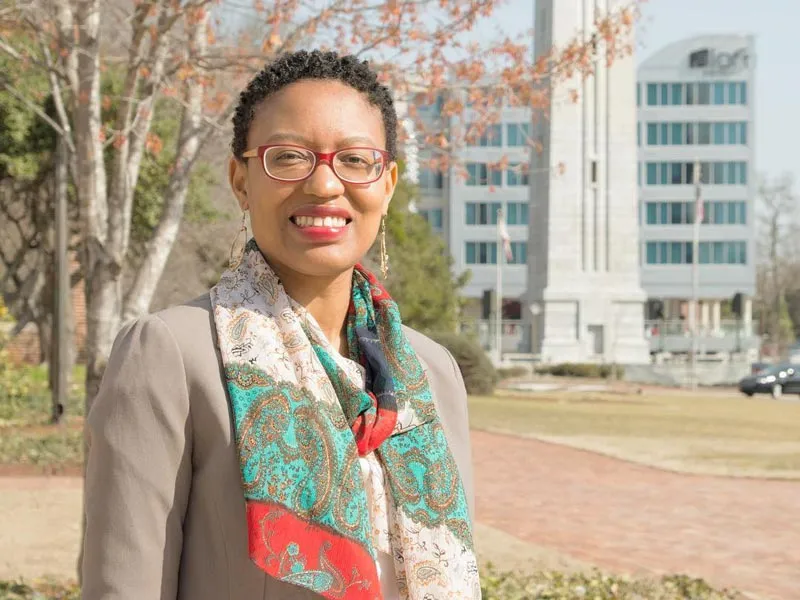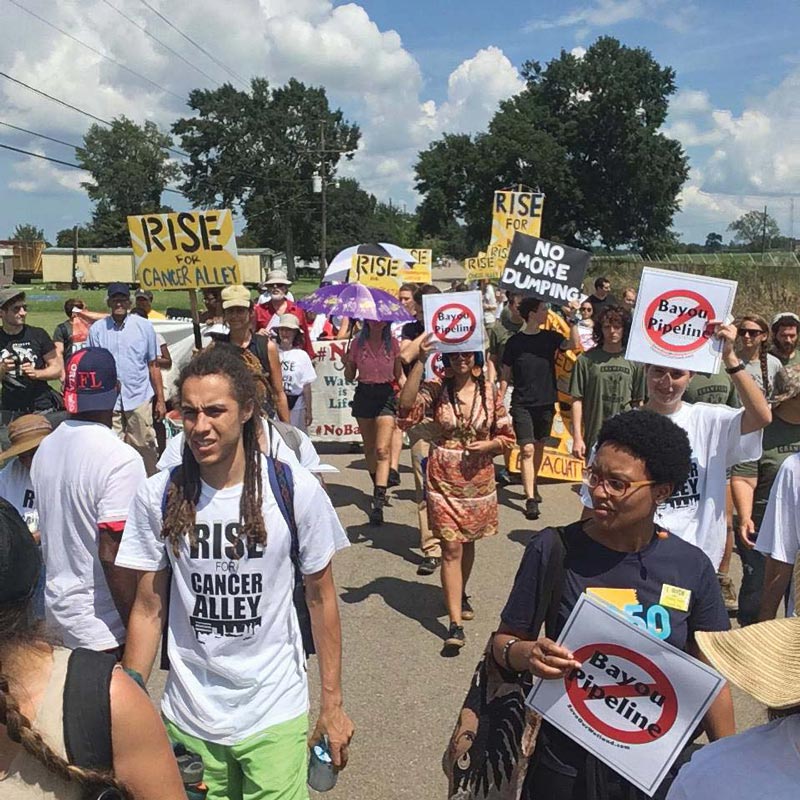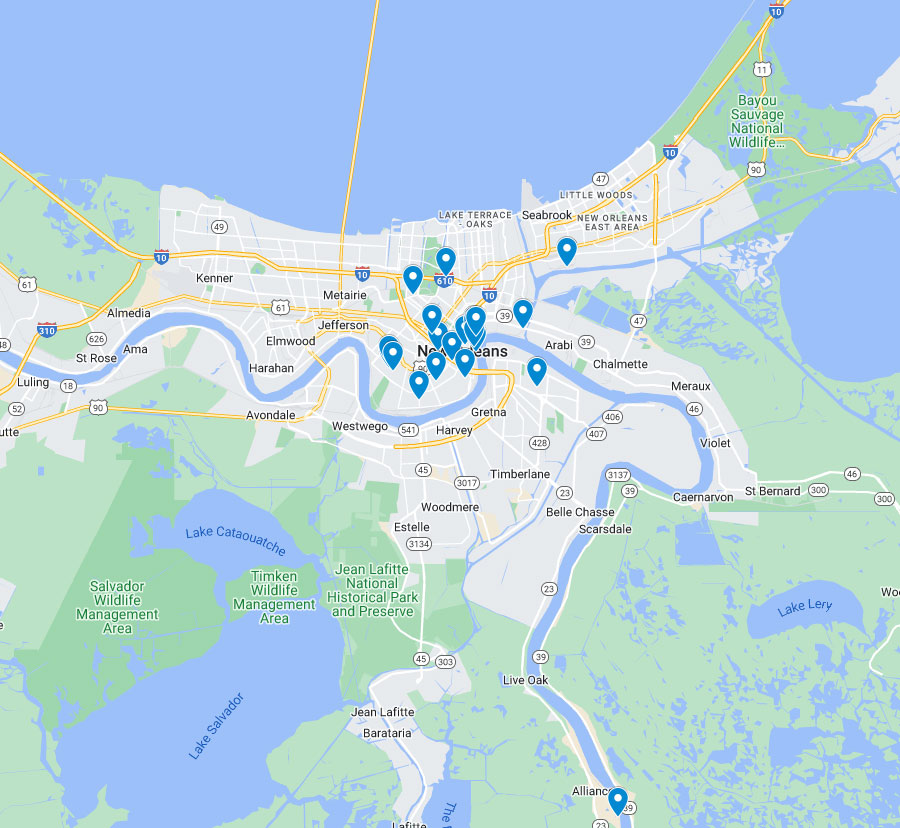
Biography
Frances Roberts-Gregory is a PhD Candidate in Society & Environment at the University of California, Berkeley. Her work interrogates feminist environmentalism(s) and the racial and gender dynamics of post-apocalyptic toxic geographies. Frances graduated from Spelman College and has taught courses on environmental racism and climate justice as an adjunct professor at Tulane University and Bard Early College New Orleans (BECNO). She also previously interned with the Environmental Grantmakers Association and the National Center for Atmospheric Research. Frances currently works with the Deep South Center for Environmental Justice to engage youth in critical water literacy. She is a Switzer Environmental Fellow, Ford Fellow and NSF GRFP Fellow. When not advocating for climate action with 350 New Orleans, Frances loves to dance and support local vegan restaurants.
Research
I situate my 24-month (auto)ethnographic analysis into a growing climate justice canon that recognizes the differential impacts of disasters and the erasure of women of color’s leadership within the environmental movement. My research documents Gulf Coast women of color’s narratives of environmental racism as they navigate contradictory relationships with energy and petrochemical industries. As a scholar-activist, I am also interested in barriers and opportunities for Louisiana Black and Indigenous women to lead grassroots community organizations, advocate for better climate policy, strategize for community resilience, problem solve for adaptation and engage youth in environmental justice initiatives. I employ Black feminist autoethnography, feminist political ecology and multi-sited activist ethnography to methodologically investigate political assemblages that complicate environmental governance in post-apocalyptic coastal landscapes. I plan to create an alternative digital archive that explores how women and people of color resist state-corporate crime and necropolitics that ultimately result in premature death. By centering gendered grassroots political organizing, I hope to complicate pervasive gender-neutral imaginings of society-environment interactions and inspire future generations of women of color to lead the environmental movement. I likewise hope to meaningfully contribute theoretical understanding to the dynamic and co-constitutive relationships between gender, race, nature, justice, place-making, violence and power.



